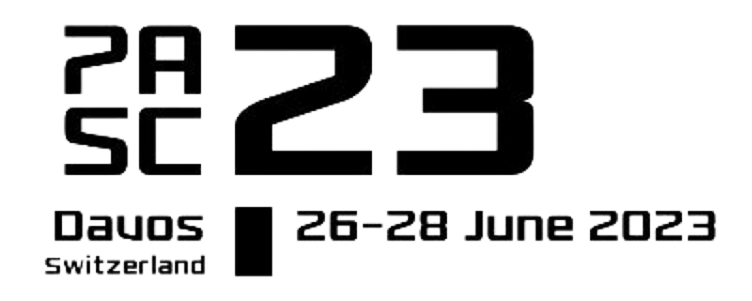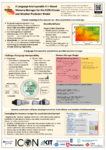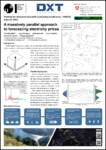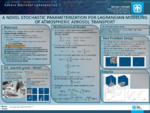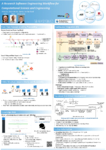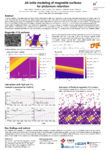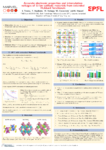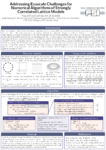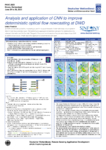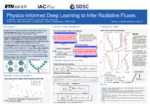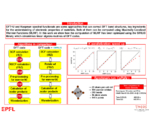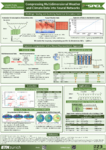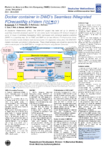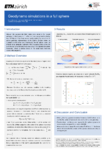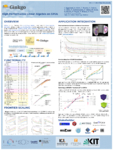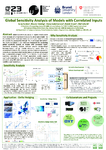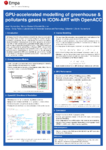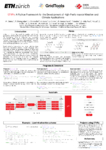Session
Flash Poster Session - Part I
Session Chair
Event TypePoster
TimeMonday, June 2611:20 - 11:50 CEST
LocationDavos
DescriptionThe aim of this rapid-fire session is to allow poster presenters to introduce the topic of their poster and motivate the audience to visit them at the poster session scheduled on the following day. Presenters will have 30 seconds to engage the audience.
The Flash Poster Session is sponsored by the Royal Society of Chemistry Journals (https://www.rsc.org/). Winners of the poster competition will receive a voucher prize generously offered by the Digital Discovery (https://www.rsc.org/journals-books-databases/about-journals/digital-discovery/) and by PCCP (https://pubs.rsc.org/en/journals/journalissues/cp#!recentarticles&adv) during the award session scheduled on the last day of the conference.
The Flash Poster Session is sponsored by the Royal Society of Chemistry Journals (https://www.rsc.org/). Winners of the poster competition will receive a voucher prize generously offered by the Digital Discovery (https://www.rsc.org/journals-books-databases/about-journals/digital-discovery/) and by PCCP (https://pubs.rsc.org/en/journals/journalissues/cp#!recentarticles&adv) during the award session scheduled on the last day of the conference.
Presentations
